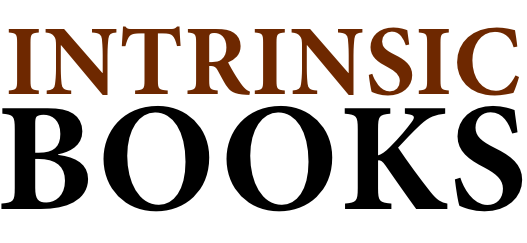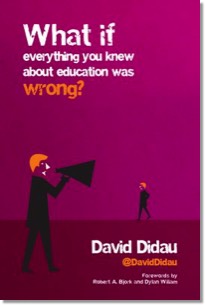What if everything you knew about education was wrong?
If you feel a bit cross at the presumption of some oik daring to suggest everything you know about education might be wrong, please take it with a pinch of salt. It’s just a title. Of course, you probably think a great many things that aren’t wrong.
The aim of this book is to help you ‘murder your darlings’. David will question your most deeply held assumptions about teaching and learning, expose them to the fiery eye of reason and see if they can still walk in a straight line after the experience. It seems reasonable to suggest that only if a theory or approach can withstand the fiercest scrutiny should it be encouraged in classrooms. David makes no apologies for this; why wouldn’t you be sceptical of what you’re told and what you think you know? As educated professionals, we ought to strive to assemble a more accurate, informed or at least considered understanding of the world around us.
Here, David shares with you some tools to help you question your assumptions and assist you in picking through what you believe. He will stew findings from the shiny white laboratories of cognitive psychology, stir in a generous dash of classroom research and serve up a side order of experience and observation. Whether you spit it out or lap it up matters not. If you come out the other end having vigorously and violently disagreed with him, you’ll at least have had to think hard about what you believe.
If you feel a bit cross at the presumption of some oik daring to suggest everything you know about education might be wrong, please take it with a pinch of salt. It’s just a title. Of course, you probably think a great many things that aren’t wrong.
The aim of this book is to help you ‘murder your darlings’. David will question your most deeply held assumptions about teaching and learning, expose them to the fiery eye of reason and see if they can still walk in a straight line after the experience. It seems reasonable to suggest that only if a theory or approach can withstand the fiercest scrutiny should it be encouraged in classrooms. David makes no apologies for this; why wouldn’t you be sceptical of what you’re told and what you think you know? As educated professionals, we ought to strive to assemble a more accurate, informed or at least considered understanding of the world around us.
Here, David shares with you some tools to help you question your assumptions and assist you in picking through what you believe. He will stew findings from the shiny white laboratories of cognitive psychology, stir in a generous dash of classroom research and serve up a side order of experience and observation. Whether you spit it out or lap it up matters not. If you come out the other end having vigorously and violently disagreed with him, you’ll at least have had to think hard about what you believe.
Intrinsic Books digital edition: £15.95 ($20.90)
Click on the link below to buy a print edition of this book
What if everything you know about education is wrong?


